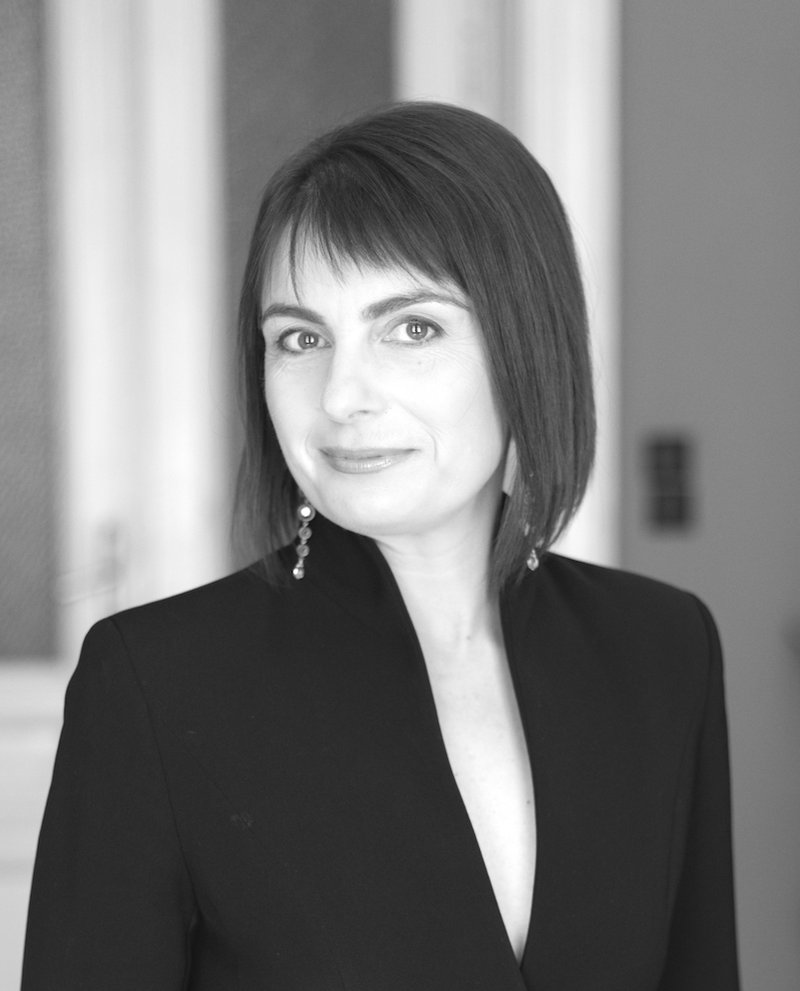Malgorzata Kaczmarska

In 2021, 50 contemporary art curators, researchers, and museum professionals from 32 different countries were awarded support to attend the CIMAM 2021 Annual Conference, in-person and online.
For the first time, and thanks to the generous support of The Getty Foundation who sponsored the virtual platform, 27 grantees attended the conference online, while 23 attended onsite.
Launched in 2005, CIMAM’s Travel Grant Program is designed to foster cooperation and cultural exchange between contemporary art curators and museum directors in emerging and developing economies and their counterparts in other regions of the world.
Malgorzata Kaczmarska's Conference Report
Participation in the CIMAM 2021 Annual Conference was a significant experience for me. As the artistic director and chief curator of a new public institution located in a small town, I am faced with a considerable challenge. We have an ambitious contemporary art program. Therefore, it is helpful to learn from the experiences of outstanding institutions and be able to consult with and get support from the best.
As a first-time participant in the CIMAM Conference and a Grant Beneficiary, I appreciate the opportunities created by the organizers to make all participants feel welcome and get to know each other. Starting with an informal meeting with Mami Kataoka (President of CIMAM) and several other members of the CIMAM Board representatives and employees of the organization who contacted us before the conference and organized our stay. During the meeting, I met a lot of great professionals who were willing to share their observations; and I hope and believe that these contacts will be lasting and fruitful. The organizers did much to develop these through networking sessions and discussion workshops. It was not without significance that we saw the exhibitions in Lodz and Gdansk in smaller subgroups, which naturally sparked interest in specific issues and initiated exciting conversations. The atmosphere of the conference was positive, warm, and open.
The presentations by the speakers at the congress concerned current and relevant issues related to the functioning of institutions that present art and their social function, especially regarding the issues of conflicts, crises, and the politics of growth, climate, and commonality. During the conference, some speakers made bold diagnoses of our times and formulated recommendations for the future. An example is an uncompromising sentence (one of many) uttered by Maristell Svampa: "We live in a world of the Global Super-Rich, on a planet that is ecologically collapsing."
I remember some of these reflections as crucial, and I intend to manage my institution in such a way that the production of exhibitions is sustainable, make the best effort to appropriately reward people of culture associated with the creation of shows, and carefully arrange exhibitions and the functioning of the institution towards zero waste. It is certainly not easy, but apart from specific solutions, I have obtained some moral support reassuring me that this is the right way.
Among the speakers, I was most impressed with the statement by Hilke Wagner (Director Albertinum, Staatliche Kunstsammlungen Dresden), because she frankly described the problematic experience of being a director between other museum employees and innovative ideas for the functioning of the institution and illustrated examples of developing relations between her institution and the public, which inspired me a lot.
As part of building the program of congress presentations, I appreciate that efforts were made to discuss the issues from the perspective of various actors and stakeholders who were among the participants, i.e., museum directors, independent
curators, academics–researchers, artists. But, unfortunately, I missed the Asian and African perspectives among the speakers at the conference. Fortunately, representatives of African cultural institutions were among the Grant Beneficiaries. Therefore it was possible to know their opinion in the behind-the-scenes talks.
I consider it an excellent practice to present the summary of CIMAM's operation as an organization during the CIMAM General Assembly. Transparency in the process of the organization is key to building trust and partnership.
The commitment of CIMAM board members to the best possible management of the organization and genuine involvement in the issues related to the functioning and role of institutions presenting art is evident.
I highly appreciate the whole event.